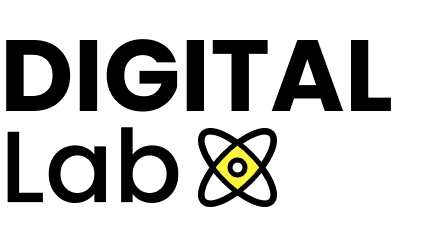Why meetings are not efficient?
Several reasons that meeting can lead to nowhere:
-
Undefined objectives: If the meeting does not have a clear objective or if participants are not aware of the objective, it can be difficult to know what needs to be accomplished or discussed.
-
Too many participants: Meetings with too many participants can be difficult to manage and can lead to frequent interruptions and digressions.
-
Lack of structure: Without a clear plan and effective management of speaking time meetings, can become chaotic and unproductive.
-
Unpreparedness: If participants are not prepared or have not reviewed relevant documents before the meeting, they may struggle to follow along or contribute meaningfully.
-
Poor time management: If the meeting is not well-managed and does not adhere to the scheduled time, it can take more time than necessary and go beyond its planned duration which can be frustrating for participants.
-
They are too frequent: If meetings are held too often, they can become a waste of time for participants and harm productivity.
To avoid ineffective meetings it’s important to plan and structure the meeting in a way that achieves specific objectives maintains the attention and participation of all participants and limits distractions.
How to properly plan a meeting
Here are a few things to consider in order to properly plan a good meeting:
Meeting objective: It is important to clearly define the objective of the meeting, so that participants know what to expect and can prepare accordingly.
Agenda: It is important to prepare a detailed agenda that lists the topics to be discussed and the allocated time for each topic. This helps to better structure the meeting and ensure that all important points are covered.
Participants: Invite the people who need to participate: make sure all participants have a good reason to participate and are aware of the topics to be discussed.
Facilitator: naming a moderator will enable someone to guide the meeting and ensure that each person has the opportunity to speak.
Necessary materials: please specify if any presentation aids or additional documents will be required for the meeting, so that participants can obtain them in advance.
Duration: it is also useful to specify the expected duration of the meeting so that participants can plan their time accordingly. It is important that this duration is respected if you need more time plan another meeting.
During the meeting make sure to follow the agenda and give everyone the opportunity to speak: use techniques for managing the floor to stay on-topic and encourage participation from all attendees.
It is also recommended to allow time for discussion and Q&A to enable participants to ask questions and express their thoughts on the topics covered. Don’t forget to include a point for evaluating the meeting and defining next steps.
Take notes and send them to all participants after the meeting: this will ensure that everyone has understood what has been discussed and can follow up on the actions to be taken.

